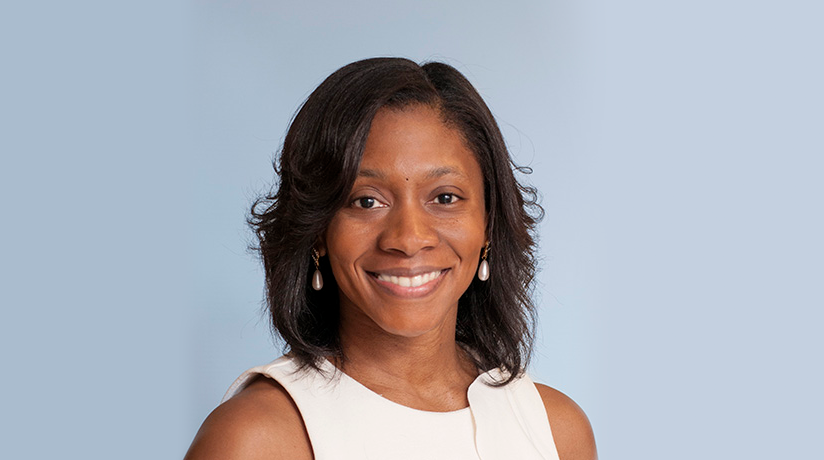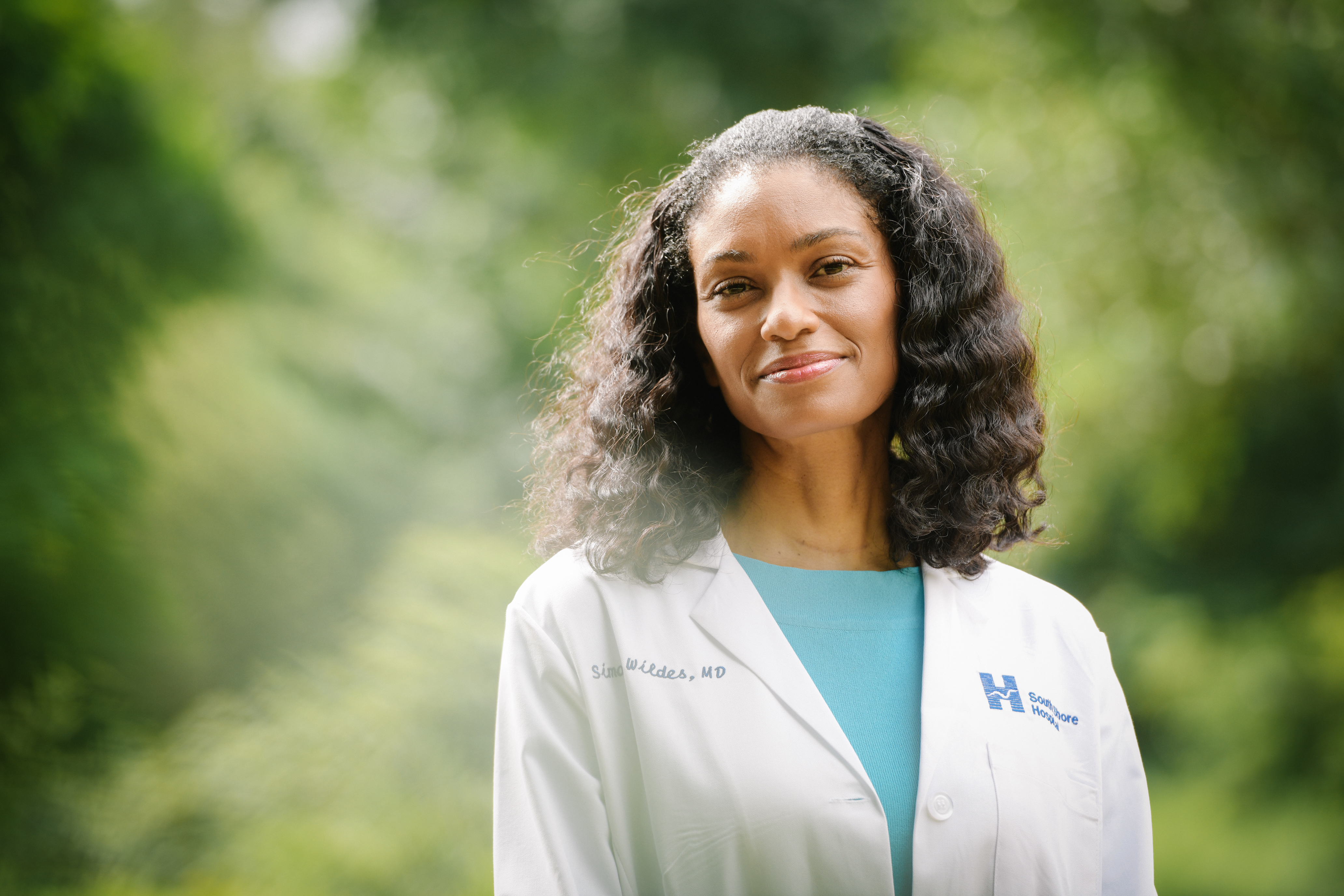Nov 29, 2021
Landmark conference connects Black women in medicine
As the first Black class president of the Medical College of Georgia School of Medicine – a university founded in the antebellum South – Dr. Fatima Cody Stanford had her work cut out for her.
One item on her agenda was asking the school to honor the enslaved people whose bodies were stolen from Black graveyards so white students at the medical school could learn anatomy in the pre-Civil War era.
The backlash came quickly, Cody Stanford recalls now, nearly two decades later.
“I faced significant resistance and was accused of ‘bringing up our dirty laundry,’” Cody Stanford remembers. “From that moment on, I had things thrown at me in class every day. An anonymous newsletter was published that talked about my black features, the size of my nose, the width of my rear end, the contrast of my teeth to my skin color. I received no solace from the faculty and staff at that time.”
That experience, she said, exposed a brutal reality about being a Black woman in medicine – one she continues to address now, as director of equity for the Endocrine Division of Medicine at Massachusetts General Hospital.

A groundbreaking conference
Cody Stanford was among the panelists at the inaugural Black Women in Medicine Conference hosted by the Massachusetts Medical Society, which brought together leaders to build connections and share experiences with racism in academic medicine and health care settings.
“Helping facilitate the Black Women in Medicine conference was not only an honor and privilege for the Massachusetts Medical Society,” said Dr. Carole E. Allen, president of the Massachusetts Medical Society.
It was also an important step toward realizing our commitment to acknowledge, address and correct inequities that have for so long hurt patients and medical personnel, especially Black women physicians.
The conference is part of a broad antiracism initiative by the medical society, and was co-organized by Diva Docs Boston leader Dr. Philomena Asante of Boston University Student Health Services, and Dr. Simone Wildes of South Shore Medical Center, chair of the medical society’s Committee on Diversity in Medicine.
“Researchers have found that obstacles faced by Black women physicians are unique because of their dual identities as both Black and women, making initiatives focused only on gender diversity and inclusion insufficient for addressing these interpersonal and institutional dynamics,” Asante said. “We also know that when Black women physicians leave medicine, they do so because they don't feel valued, supported or a sense of belonging to their institution. With this in mind, we created a conference that addressed some of the unique threats to advancement in medicine that Black women physicians face."

Empowerment and networking
The conference included panels on how to handle micro-and macro-aggressions, navigate hostile or inequitable work environments, advocate for oneself when a colleague is being mistreated, and build a presence in the media.
“These kinds of frank conversations are not happening between mentors and mentees in the typical professional development workspace, but they are very skills that Black women physicians need to develop to thrive, and not just survive, in medicine,” Asante said.
Biases can be seen in the lack of representation in medicine: one Lancet article, titled “Superhuman, but never enough: Black women in medicine,” notes there are only five Black women in the U.S. who chair obstetrics and gynecology departments compared with 77 white men – a particularly troubling discrepancy given the high maternal mortality rates among Black women.
And while many institutions, medical and otherwise, are creating more roles dedicated to diversity, equity and inclusion, the people filling those roles are not being given sufficient power to make lasting change, panelists said.
Addressing the barriers will require a greater focus on systemic changes, and more allies who are not people of color, participants said.
On an individual level, panelists stressed the importance of having a solid support system, along with maintaining an internal sense of power.
“We tend to be overqualified often, but people don’t see those credentials and capabilities,” said Dani Monroe, president of CenterFocus International, Inc. and former senior vice president & chief diversity officer of Mass General Brigham. “For me, how I’ve gotten around some of those challenges and navigated them is to really not pay a lot of attention to them, to really understand what my power was, what my skill base was where I was headed, to navigate from a place of strength as opposed to a deficit mindset.”
She continued, “I always assumed when I stepped into a space that I should have been in that space.”
Dr. Adaira Landry, assistant professor of emergency medicine at Harvard Medical School, stressed the importance of networking to help build and expand support systems, noting that “some of the most successful people I know are the most connected people I know.”
Small group networking sessions at the conference created connections among participants, Asante noted.
“We wanted participants to be able to talk freely not only about the personal and professional isolation many feel at predominately white institutions but also how to overcome them,” she said. “We want to build the foundation for a national community of Black women physicians, and provide a sense of belonging."
The need for support
Wildes – one of the event’s organizers who served on the panel for Call to Action: Supporting Trainees Underrepresented in Medicine – suggested cultivating relationships with a diverse group of mentors who can each serve a unique purpose.

She added that working as an infectious disease doctor during the pandemic highlighted the importance of having a broad support system.
“We can’t do this on our own, we can’t do medical school on our own, we can’t live on our own,” she said.
Having community, family, spiritual leaders, fellow students, it helps us get through this journey together.
PHOTOS OF Dr. SIMONE WILDES AND Dr. ASANTE BY FAITH NINIVAGGI, PHOTO OF Dr. FATIMA CODY STANFORD BY MASSACHUSETTS GENERAL HOSPITAL


